Wildfires may dominate the headlines, but fire can pose a danger to your home, no matter where you live.
Fire departments in the United States respond to an average of more than 340,000 home structure fires per year, according to the National Fire Protection Association. Most house fires are caused by cooking, heating, electrical distribution and lighting equipment, intentional fire setting, and smoking materials. Cooking was the leading cause of home fires and home fire injuries, while smoking was the leading cause of home fire deaths.
Fortunately, the number of fatalities caused by house fires has fallen in recent decades, says Josh Stout, a fire safety expert with the Red Cross Community Preparedness Program. “Prevention through education has reduced the number of house fires that take lives and injure people,” he says.
Of course, preventing a fire from starting in the first place is a good goal for everyone. Here are some recommendations for protecting your home and family.
Watch The Kitchen
The room of the house where fires occur most often is the kitchen, says Stout, and cooking on the stove produces more fires than cooking in the oven. “Stay in the kitchen when you’re cooking, especially if you’re using the stovetop,” he says. “It’s the most important thing you can do to prevent a fire of this type.” If a pot or pan does catch fire when cooking with oil, he says, cover the flames and remove it from the heat. Never douse a fire on the stovetop with water. “That can cause an explosion of the oil and start a fire in the kitchen very quickly,” he says.
Don’t Overwork Your Outlets
Outlets in each room of the house can pose a risk if not used properly. Pay special attention to appliances; they can draw a lot of power and could overload electrical circuits, which may cause a fire. Stout recommends plugging large appliances directly into wall outlets, not into extension cords and power strips. For smaller, heat-producing appliances, such as a coffee maker or toaster, plug in one at a time, and unplug them when they’re not in use. In a home with small children, install tamper-resistant receptacles or outlets. Tamper-resistant receptacles have spring-loaded shutters that close off the slots of the receptacle. These are important in making a home a safe place for children.
Give It Some Space
“Always keep space heaters at least three feet from anything that can burn,” says Stout. “That doesn’t just mean three feet from a wall, but from things like curtains, rugs, furniture, bedding and dish towels too.” Avoid putting cords where they can be damaged or pinched by furniture, under rugs or carpets, or across doorways, suggests the NFPA.
Keep It Clean
According to the NFPA, an estimated 15,970 home fires annually involve washers or dryers. Most commonly, the culprits were dust, fibers and lint—problems avoidable by simply cleaning the lint filter before each use. The NFPA also recommends checking the air vent pipe at least once a year and removing lint that may have built up. Likewise, inspect the outlet and plug to ensure the machine is hooked up properly.
Get The Right Stuff
Despite your best efforts, a fire can still happen. If it does, says Stout, “having just one working smoke alarm in a home could reduce the chances of dying in a fire by 50 percent.” But he recommends you have more. “Install one in each bedroom and areas outside bedrooms, and make sure there’s at least one alarm on every floor,” he says. Stout suggests testing the batteries every month—and replace your smoke alarms at least every 10 years.
Fire extinguishers are also effective tools for preventing house fires, he says, but of course you have to know how to use them. Stout recommends contacting your local fire department for information and training.
Have An Escape Plan
“If a fire starts in your home, you may have less than two minutes to escape safely,” says Stout. “Start by mapping out an escape plan that includes two ways out of every room and a meeting place outside,” he advises. Call 911 only after you are outside of the home, never from inside, he says. And never, under any circumstances, return inside a building that is burning, he says. Ensure your valuables and essential documents are secure by investing in a fireproof safe. In the event of an emergency, it’s always best to have copies of important documents (personal identification, insurance policies, a home inventory of property) kept digitally or in a safe place outside of the home.
By Patrick Rogers
If you’re looking for even more peace of mind and protection, homeowners and renters insurance through the GEICO Insurance Agency can help.
Read More: What Do I Do With My Pet In An Emergency?

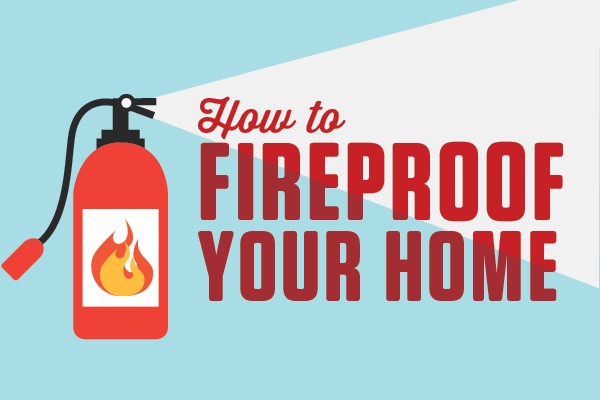


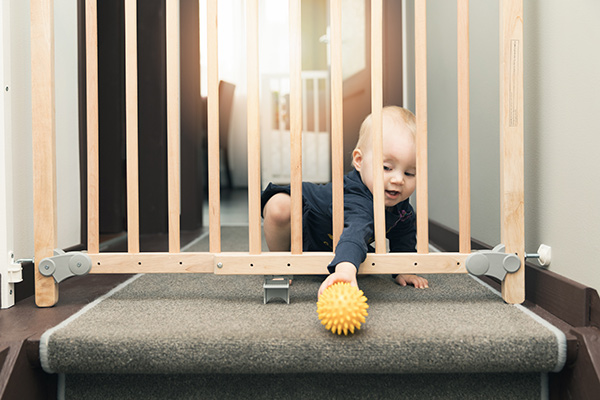
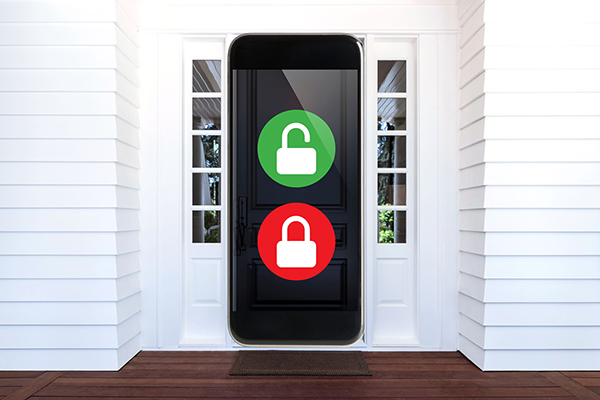
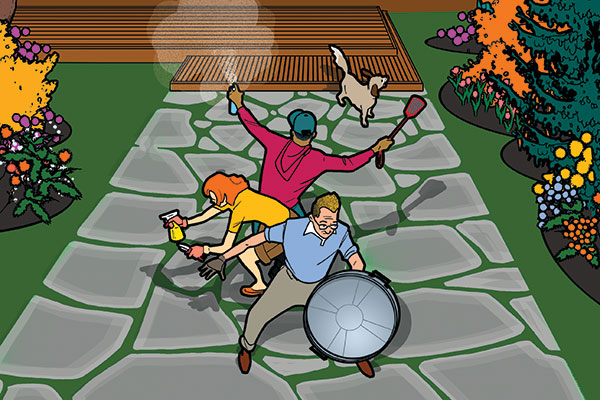
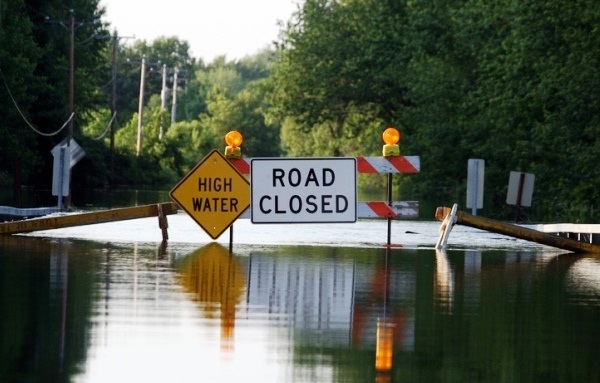
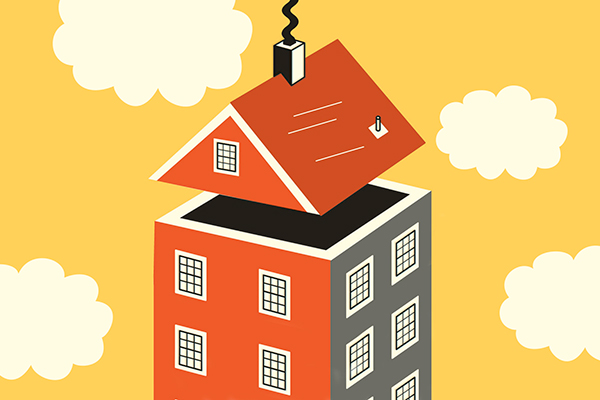
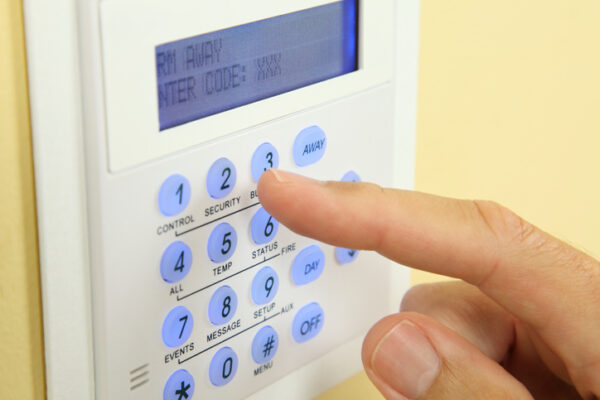
Maria L. Sanchez says,
Useful important information. Thank you
Ann says,
I live in a rented high rise .. there are no alarm pulls or hoses or extinguishers visible the owner and Fire Marshall said that the bldg is “grandfathered in” none of theses are required.. I have geico insurance but the building owners /management don’t care about anybody’s safety! Disgraceful!
Madeleine Jean says,
Good , very good to know. I am going to get train ounce again with a fire extinguisher.
Thanks,
Madeleine
John Jaconette says,
Thank you,information like this is why l have GEICO for all my insurance.
Shelagh Bradley says,
Thank you so much for all of these great reminders!
Donna Aberg says,
Thank you for this information. I can’t stress enough the value of having home owner’s or renter’s insurance. It saved me from a total breakdown. We had a total loss due to another tenant’s careless disposal of smoking material. Please figure out a way to include this insurance in your budget. I pray you’ll never need it, but you’ll be glad it’s there if you need it.
STEVE SCHWARTZ says,
THANK YOU, EVEN AT AGE 72, I STILL LEARNING
Joe says,
The primary cause of loss of homes in So Cal fires is a lack of defensive space around the home. Please write more about this or supply links to good info. Look for information on the READY, SET, GO program.
Ryan Smith says,
The best option, a little pricey, is to have a professional alarm company install a fire/burg system in your home. This will allow the detectors and sirens to be controlled from one panel and call the fire department 24/7.
Sarah Thomas says,
Thanks, this was very helpful information. This should be in a newsletter. A lot of people don’t have computer access. Thanks
Pat says,
Thanks. This wakes me up. I’m aware that my prime fire hydrant is 20 years old….. & our of fast reach?
Shayna Levine says,
Thank you for spreading the knowledge. Please emphasize fire extinguishers.